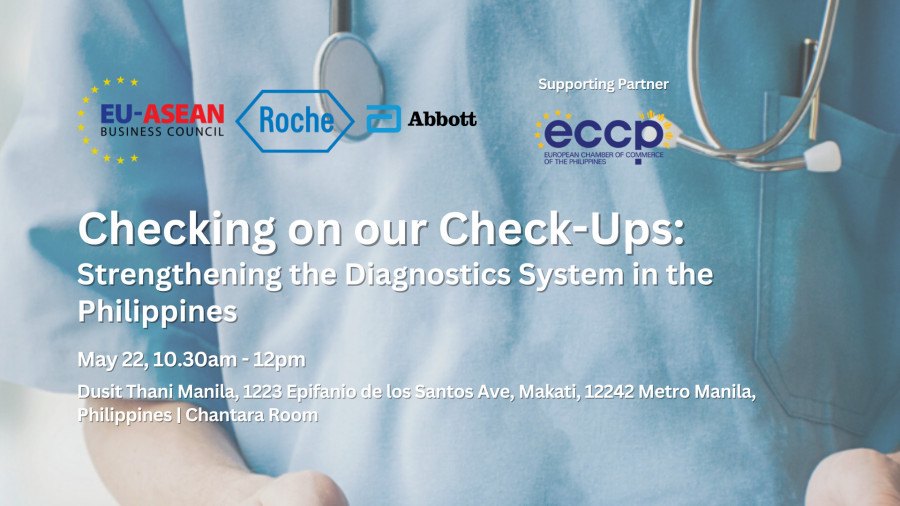The lack of access to testing in areas outside of Metro Manila remains a significant challenge, with potentially devastating consequences for conditions such as cervical cancer. The prohibitive cost of diagnostics continues to be a significant barrier to access, and consequently, to the diagnosis and treatment of the country’s priority diseases. This is despite the country undertaking commendable efforts, such as ongoing efforts to implement its Universal Health Care Act and ratification of the RCEP.
To empower communities and promote informed decision-making, services and programmes in the Philippines will have to be continuously tailored to the needs of affected populations in different settings, including centralised testing with high volume testing labs and treatment in urban and periurban settings and decentralised testing and treatment in rural and remote areas. For the betterment of health for individuals, it is high time that health leaders and regulators in the Philippines work hand in hand with private sectors to accelerate ease of access to better and strengthened diagnostic systems.
In this panel, the various stakeholders will discuss the following:
- What forms of diagnostics are useful in addressing HIV and cervical cancer, and how soon should patients be diagnosed to get the best treatment?
- Where are we in bringing access to important diagnostic facilities to Filipinos in regions outside of Metro Manila, and what are we doing to fast-track this?
- How can diagnostics data be translated into more concrete results to reduce potential health impact? What are the key considerations to upskill healthcare professionals to ensure sufficient manpower and expertise to increase access to screening and care across the country.
- What are the biggest problems in the current diagnostics landscape in Philippines and what is the biggest hurdles in strengthening this system? How can stakeholders play a role to help change these attitudes and behaviours in Filipinos?
- What best practices are being adopted in ASEAN countries similar to the Philippines in terms of diagnostics?

